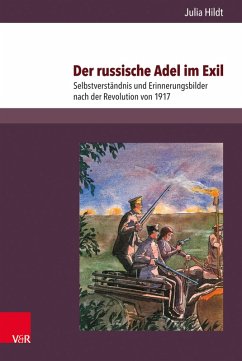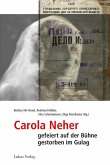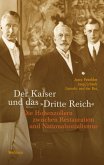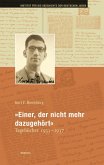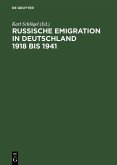By reference to selected autobiographies of Russian noble émigrés, Julia Hildt shows how the disempowered elite of the Russian Empire presented the circumstances of their life in the light of historic events before and after the Russian Revolution 1917. The autobiographies were part of a communication strategy the nobility used to fight for the prerogative of interpretation. Besides one's own self-insurance and justification the autobiographies served the passing on of "genuine noble" values as well as the preservation of the Russian culture in exile. Furthermore, writing served as a prevention of vanishing into oblivion during a time the Soviet historiography tried to extinguish the remembrance of the "former people" from the collective memory of Russia.
Dieser Download kann aus rechtlichen Gründen nur mit Rechnungsadresse in A, B, BG, CY, CZ, D, DK, EW, E, FIN, F, GR, H, IRL, I, LT, L, LR, M, NL, PL, P, R, S, SLO, SK ausgeliefert werden.

